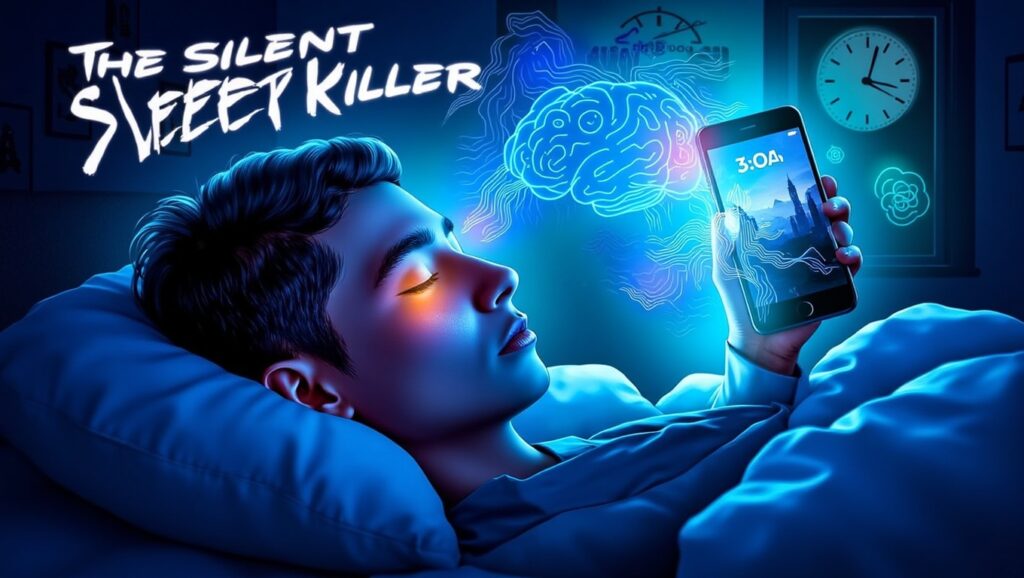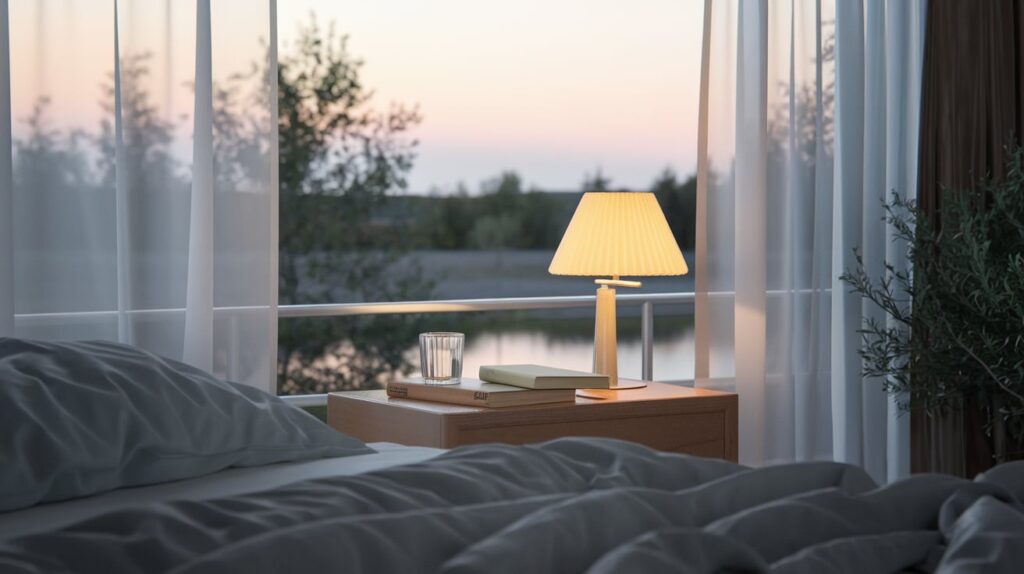The Silent Sleep Disruptor in Your Hands
In a world where technology dominates nearly every waking moment, its impact on sleep is often overlooked. Screens light up our evenings, notifications interrupt rest, and digital distractions consume hours meant for unwinding. But how exactly does technology interfere with sleep? Understanding this connection can help you reclaim your nights and improve your overall health.

The Science Behind Sleep Disruption
Blue light emitted by devices like smartphones and laptops suppresses melatonin, the hormone responsible for sleep regulation. Research from Harvard University confirms that exposure to blue light before bedtime delays the onset of sleep and reduces overall sleep quality. Moreover, the engaging nature of technology—be it social media, video streaming, or gaming—keeps the brain stimulated, making it harder to wind down.
Tech-Induced Sleep Problems
The overuse of technology doesn’t just delay sleep; it fragments it. Notifications can wake you up during the night, disrupting deep sleep cycles essential for cognitive and physical recovery. According to the National Sleep Foundation, excessive screen time is linked to insomnia, difficulty staying asleep, and even longer-term issues like sleep apnea. This cycle of poor sleep can lead to fatigue, reduced productivity, and mood swings.
How Poor Sleep Affects Your Health
Sleep deprivation extends beyond feeling tired—it impacts your immune system, heart health, and mental clarity. Chronic sleep disruption is associated with conditions like diabetes, obesity, and depression. A study published in Nature and Science of Sleep highlights how inadequate sleep affects decision-making, memory, and emotional regulation. Clearly, the stakes are high when it comes to protecting your rest.
Practical Tips for Better Sleep
Breaking the tech-sleep disruption cycle starts with mindful changes:
- Limit Screen Time Before Bed: Aim to disconnect from screens at least an hour before sleep.
- Use Night Mode Features: Most devices offer settings that reduce blue light exposure in the evening.
- Create a Sleep Sanctuary: Keep electronics out of the bedroom to associate the space strictly with rest.
- Adopt a Wind-Down Routine: Reading, meditation, or gentle stretching can signal to your brain that it’s time to relax.

Your Journey to Better Sleep
Sleep is a cornerstone of health, and protecting it from the effects of technology is more crucial than ever. By understanding how devices disrupt rest and implementing practical changes, you can achieve deeper, more restorative sleep. Take charge of your nights today—unplug, wind down, and invest in solutions like Amiclear to create a future of better sleep and well-being.
See this interesting article about: Transform Your Health


Pingback: Natural Detoxification: Myths vs. Evidence-Based Practices – stay healthy today